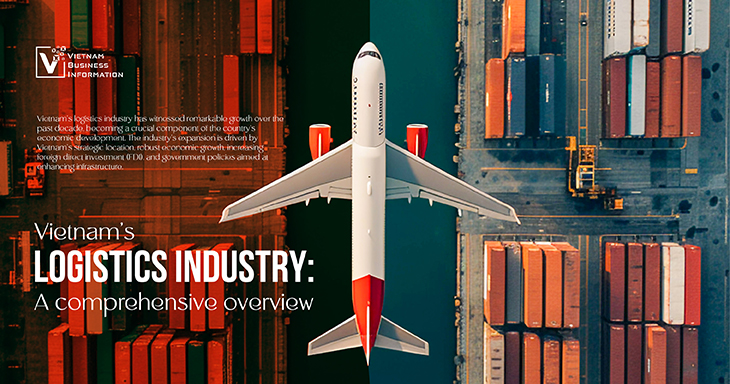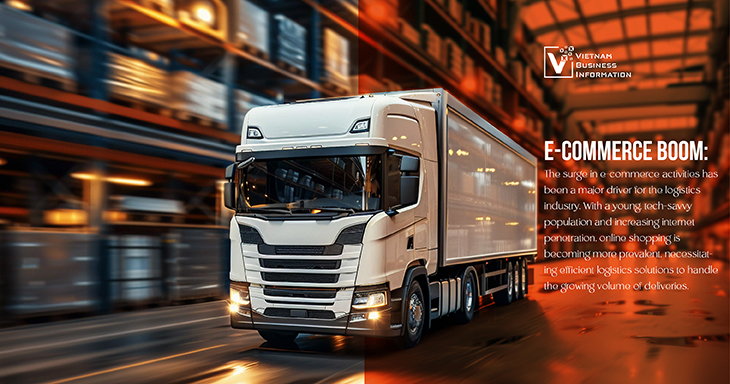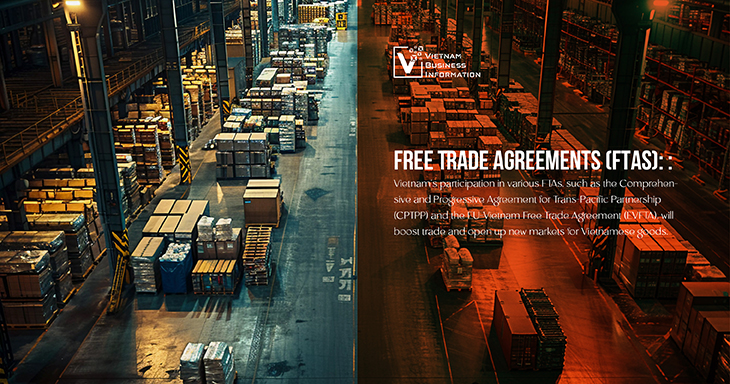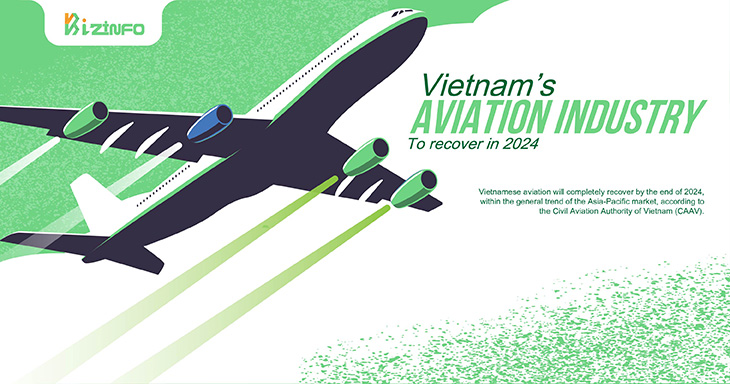Published Jul 2024
Vietnam's logistics industry: A comprehensive overview
Vietnam's logistics industry has witnessed remarkable growth over the past decade, becoming a crucial component of the country's economic development. The industry's expansion is driven by Vietnam's strategic location, robust economic growth, increasing foreign direct investment (FDI), and government policies aimed at enhancing infrastructure.

This article delves into the key aspects of Vietnam's logistics industry, including its current state, challenges, and future prospects.
Current state of Vietnam's logistics industry
Vietnam's logistics sector is currently one of the fastest-growing in the world. The country's advantageous position along major shipping routes in Southeast Asia, coupled with its extensive coastline and numerous ports, makes it a pivotal logistics hub in the region.
- Market size and growth: The logistics market in Vietnam was valued at approximately USD 61.83 billion in 2021 and is projected to grow at a compound annual growth rate (CAGR) of around 7-8% over the next few years. This growth is supported by the expanding e-commerce sector, increased manufacturing activities, and rising exports.
- Infrastructure: Vietnam has made significant investments in its infrastructure to support logistics operations. Key developments include the expansion of major ports such as Hai Phong, Da Nang, and Ho Chi Minh City, and the construction of new highways and rail networks. The country is also improving its aviation infrastructure to boost air freight capacity.
- E-commerce boom: The surge in e-commerce activities has been a major driver for the logistics industry. With a young, tech-savvy population and increasing internet penetration, online shopping is becoming more prevalent, necessitating efficient logistics solutions to handle the growing volume of deliveries.
- Government initiatives: The Vietnamese government has implemented several policies to enhance the logistics sector. These include the simplification of customs procedures, incentives for foreign investment, and the development of logistics hubs and industrial zones.

Challenges Facing Vietnam's Logistics Industry
Despite the positive growth trajectory, Vietnam's logistics industry faces several challenges that need to be addressed to sustain its development:
- Infrastructure gaps: While significant progress has been made, there are still gaps in the infrastructure, particularly in rural areas. Inadequate road networks and congested urban areas can hinder efficient logistics operations.
- Regulatory hurdles: Complex and inconsistent regulatory frameworks can create bottlenecks in the logistics process. Streamlining customs procedures and harmonizing regulations are essential for improving efficiency.
- Skilled workforce: There is a shortage of skilled professionals in the logistics sector. Addressing this skills gap through targeted training and education programs is crucial for the industry's growth.
- Technological adoption: While larger companies have embraced advanced logistics technologies, smaller firms often lag behind. Encouraging the adoption of digital solutions across the industry can enhance overall efficiency.
Future Prospects
The future of Vietnam's logistics industry looks promising, with several factors contributing to its continued growth:
- Economic growth: Vietnam's economy is expected to maintain strong growth, driven by manufacturing, exports, and domestic consumption. This will create increased demand for logistics services.
- Free Trade Agreements (FTAs): Vietnam's participation in various FTAs, such as the Comprehensive and Progressive Agreement for Trans-Pacific Partnership (CPTPP) and the EU-Vietnam Free Trade Agreement (EVFTA), will boost trade and open up new markets for Vietnamese goods.
- Smart logistics: The adoption of smart logistics solutions, including automation, Internet of Things (IoT), and blockchain technology, will revolutionize the industry. These technologies can enhance transparency, efficiency, and traceability in the supply chain.
- Sustainability initiatives: There is a growing emphasis on sustainable logistics practices. Companies are increasingly adopting eco-friendly solutions, such as electric vehicles and green warehousing, to reduce their environmental impact.

Vietnam's logistics industry is poised for significant growth, supported by a favorable economic environment, strategic location, and proactive government policies. While challenges remain, the industry's future prospects are bright, driven by technological advancements, economic growth, and increasing trade activities. As Vietnam continues to enhance its infrastructure and regulatory framework, the logistics sector will play a pivotal role in the country's economic development, positioning it as a key logistics hub in Southeast Asia.


